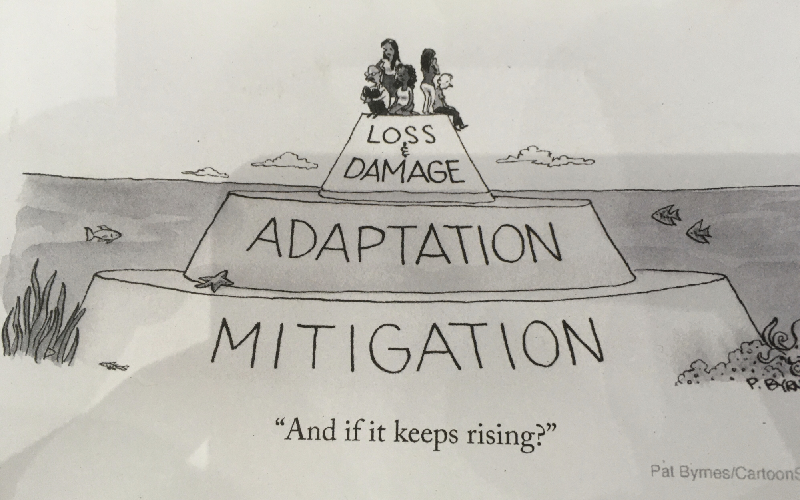You are here
- Home
- Reflections on Day 1 (Week 2)
Reflections on Day 1 (Week 2)

COP26 has been bringing together parties from across the world to accelerate action towards the goals of the Paris Agreement and the UN Framework Convention on Climate Change. The Open University has official observer status at COP26 and is learning from the conference to inform the university’s wider sustainability mission and inspire students and staff to take action. Here are some of the conference’s highlights, as told by our Open University observers.
COP26 Diary - 9 November: Sabine Gundel, Associate Lecturer, Faculty of Arts and Social Sciences.
On my way from Edinburgh to Glasgow for Day 2 of Week 2 at the COP26, I use the relative peace and quiet on the train to reflect on Day 1 as an observer for The Open University.
I was lucky to find myself in an inspiring morning session conducted by Greenpeace, Amnesty International, Global Witness and others. In this Side event the panel looked critically at the contributions of carbon markets and indeed net zero by 2050 and concluded that these instruments fail to address the immediate needs and crises experienced by millions of people around the world. Instead, deep transformation, more holistic strategies increased financial commitments and legal actions against nations and corporations were called for and concerns raised that the COP26 will risk being a failed opportunity for real change if offsetting and carbon markets remain the key solutions on the table.
My next session linked well to what I had just heard, as it focused on the key issue of Loss and Damage. This session was opened by Alok Sharma, President for COP26, who acknowledged that Loss and Damage should be a vital part of the negotiations. The session continued with an outline of the scale of the issue by the President of Barbados, who made clear that many people around the globe are already affected by climate change and must deal with a range of losses, from economic to social and cultural. Loosing homelands to floods or harvests and livestock to droughts are just a few examples of how the poorer communities experience climate change.
Climate insurance has been promoted by some as a way to tackle Loss and Damage, but she made clear that the climate crisis is uninsurable. Insurance companies will pull out once the pay-outs accumulate, leaving the vulnerable even more exposed to the impacts of climate change. Furthermore, she made clear that the least developed countries should not be the ones paying for insurance as they only contributed 1% to the GHG (Greenhouse Gas) emissions.
I left wondering how much of what I heard today will influence the negotiations running in the background.
Related articles
- Supporting climate action through digital education: new free BOC 26th February 2024
- Introducing a new free course - Climate Psychology: facing the climate crisis 8th February 2024
- Climate Change and machine learning - Climate Perspectives 8th February 2024
- Go Green: What is eco-anxiety? 8th February 2024
- Go Green: Fashion Fixing and Mending 8th February 2024